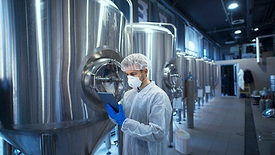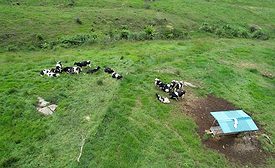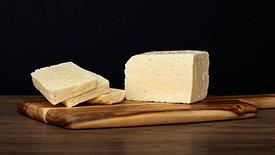Dairy/Eggs
Food Safety Capability Building for Small Dairy Farms—A SSAFE Approach
Significant growth and advancement in low- and middle-income countries can be accelerated when operators across the dairy chain meet international standards for food safety
October 10, 2024
Never miss the latest news and trends driving the food safety industry
eNewsletter | Website | eMagazine
JOIN TODAY!Copyright ©2024. All Rights Reserved BNP Media.
Design, CMS, Hosting & Web Development :: ePublishing










